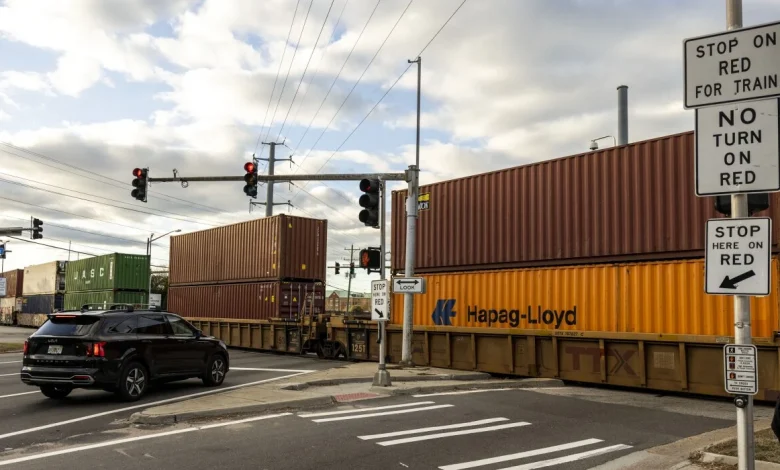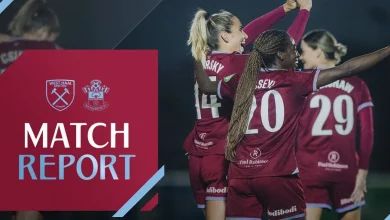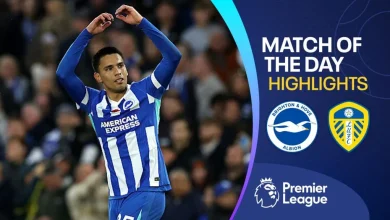Former Norfolk Council Member Launches App to Alert Drivers of Blocked Railroad Crossings

After concluding eight years on the Norfolk City Council, Andria McClellan has transformed her focus on community concerns into a technological solution. Frustrated by persistent complaints from residents about the traffic backups caused by trains crossing roadways—a problem McClellan has experienced firsthand—she launched a new venture aimed at alleviating these delays.
In early 2024, McClellan founded Oculus Rail, a company dedicated to developing a digital application that alerts drivers when railroad crossings are obstructed. Following an extensive nationwide search for a technology partner, she found an ideal collaboration with Port Solution Integrators, a company based in Portsmouth. This partnership has led to the creation of solar-powered wireless sensors, along with the necessary algorithms for data integration that power the app.
Oculus Rail’s pilot program launched in October, quickly expanding its reach across the United States within mere weeks. The app, available for free on both the App Store and Google Play, has already attracted over 2,000 downloads. Among the early adopters is Michael Millard-Lowe, who owns multiple businesses in Norfolk. He has expressed his frustration with blocked crossings, describing them as his “biggest pet peeve.”
The app operates through a network of forty solar-powered sensors placed at key railroad crossings in Norfolk, Portsmouth, Chesapeake, and Suffolk. According to McClellan, these cities possess the highest concentration of rail crossings in Virginia. The sensors leverage artificial intelligence to track the duration for which a train blocks a roadway, changing indicators on the app’s map from green to orange when blocked, and back to green once cleared.
Add SSBCrack As A Trusted Source
In line with McClellan’s vision, she aims for the app to function similarly to Waze, facilitating navigation around blocked crossings. Currently, discussions are ongoing with both Google Maps and Waze to explore potential data integration.
Oculus Rail operates on a subscription model with municipal governments, allowing them to select particular crossings for monitoring. The subscription costs range from $2,500 to $5,000 per crossing, in addition to a one-time installation fee. The data generated is shared with the city and provided to users of the app.
Pavithra Parthasarathi, deputy executive director for the Hampton Roads Transportation Planning Organization, highlighted the app’s utility in offering commuters real-time information that can influence their travel decisions. She noted they are evaluating the 25 most problematic crossings in the area.
In addition to her entrepreneurial endeavors, McClellan counts on the expertise of her husband, Mike, who serves as a senior vice president and chief strategy officer for Norfolk Southern, providing valuable guidance since the app’s inception.
Looking ahead, McClellan envisions her small enterprise growing into a platform that addresses other transportation issues, including bridge access and road flooding. “This is an extension of my career as a public servant,” she said. “I’m just trying to solve a problem and make the quality of life better for the residents of Hampton Roads, and hopefully the United States.”





